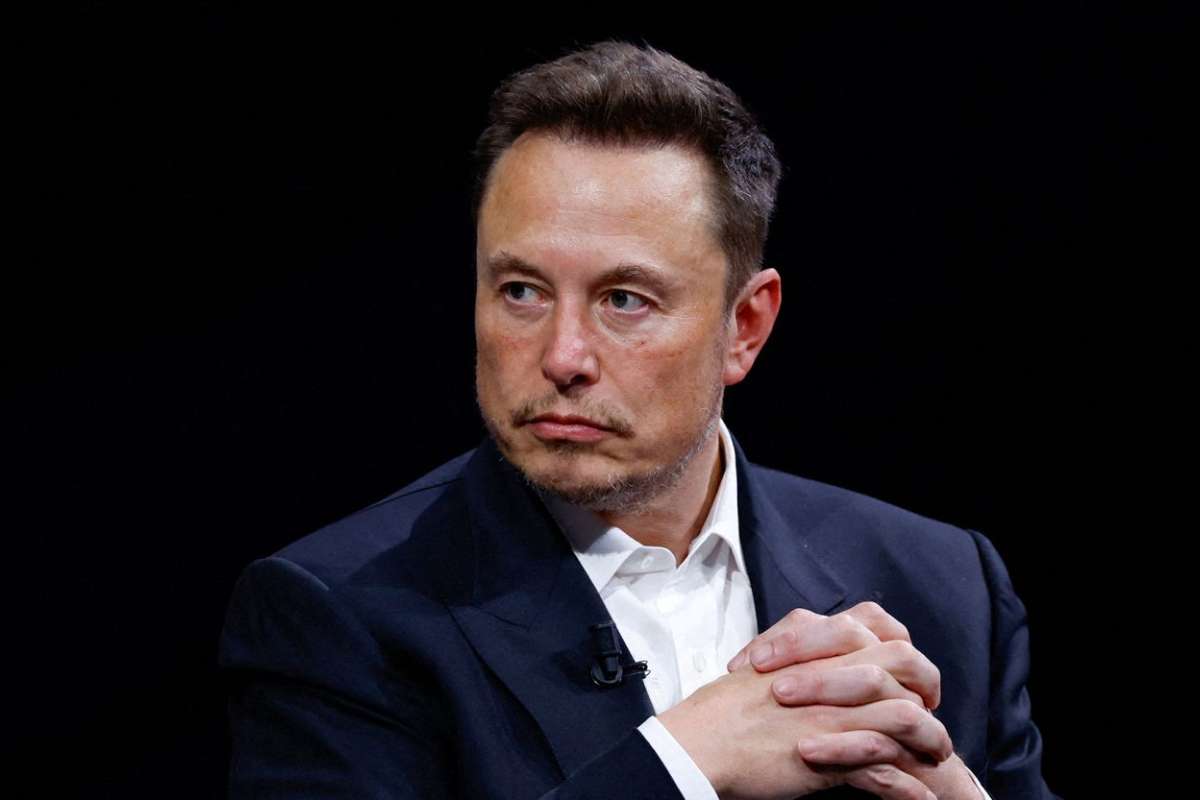Key Points:
- Elon Musk called ADL a “hate group.”
- Anti-Defamation League (ADL) denied the claim.
- Clash highlights extremism and platform responsibility.
Elon Musk has escalated tensions with the Anti-Defamation League (ADL), calling the Jewish civil rights organisation a “hate group” that supposedly “hates Christians.” The remarks were made in response to a social media post claiming that the ADL views Christianity as extremist. Musk’s statement, “The ADL hates Christians, therefore it is a hate group,” quickly drew widespread attention and criticism, further intensifying an already strained relationship.
The controversy arises from the ADL’s documentation of the Christian Identity movement, a white supremacist ideology that falsely portrays Jews as descendants of Satan and has been linked to acts of violent extremism. The ADL maintains that its mission is to combat hate and does not target Christians. Anti-Defamation League leadership emphasised that many staff members and supporters are Christian and condemned Musk’s characterisation of the organisation as “offensive and wrong.”
Historical Context and Previous Clashes
The latest exchange is part of a long-standing series of clashes between Musk and the ADL. Earlier this year, the ADL publicly commented on a gesture Musk made during a high-profile event that was widely criticised for its similarity to fascist-style salutes, describing it as “awkward.” Musk has also previously accused the ADL of promoting hatred against white people and has threatened legal action against the organisation, alleging that it discouraged advertisers from supporting his social media platform, X.
Tensions were further fueled by Musk’s demand that the ADL remove Turning Point USA, a conservative organisation, from its list of extremist groups. The recent assassination of the group’s founder, coinciding with a school shooting allegedly connected to a flagged online user, has added a grim dimension to the ongoing disputes, intensifying the debate over the ADL’s role in monitoring extremism.
Reactions and Wider Implications
Musk’s statement has prompted strong reactions across the political spectrum. Right-wing figures have echoed Musk’s criticism, accusing the Anti-Defamation League of targeting Christians, with some even calling for the organisation to be labelled a domestic terror group. Meanwhile, the ADL reaffirmed its commitment to fighting all forms of hate, including antisemitism and racism, and highlighted its longstanding collaboration with Christian communities to combat extremism collectively.
The dispute underscores broader challenges surrounding social media, content moderation, and the responsibilities of high-profile tech figures. Musk’s influence over X ensures that his comments reach millions instantly, shaping public discourse and fueling debates over hate speech and the role of civil rights organisations in a polarised society. As tensions continue, the conversation around extremism, platform responsibility, and religious freedom is likely to remain a central focus in national discussions.











